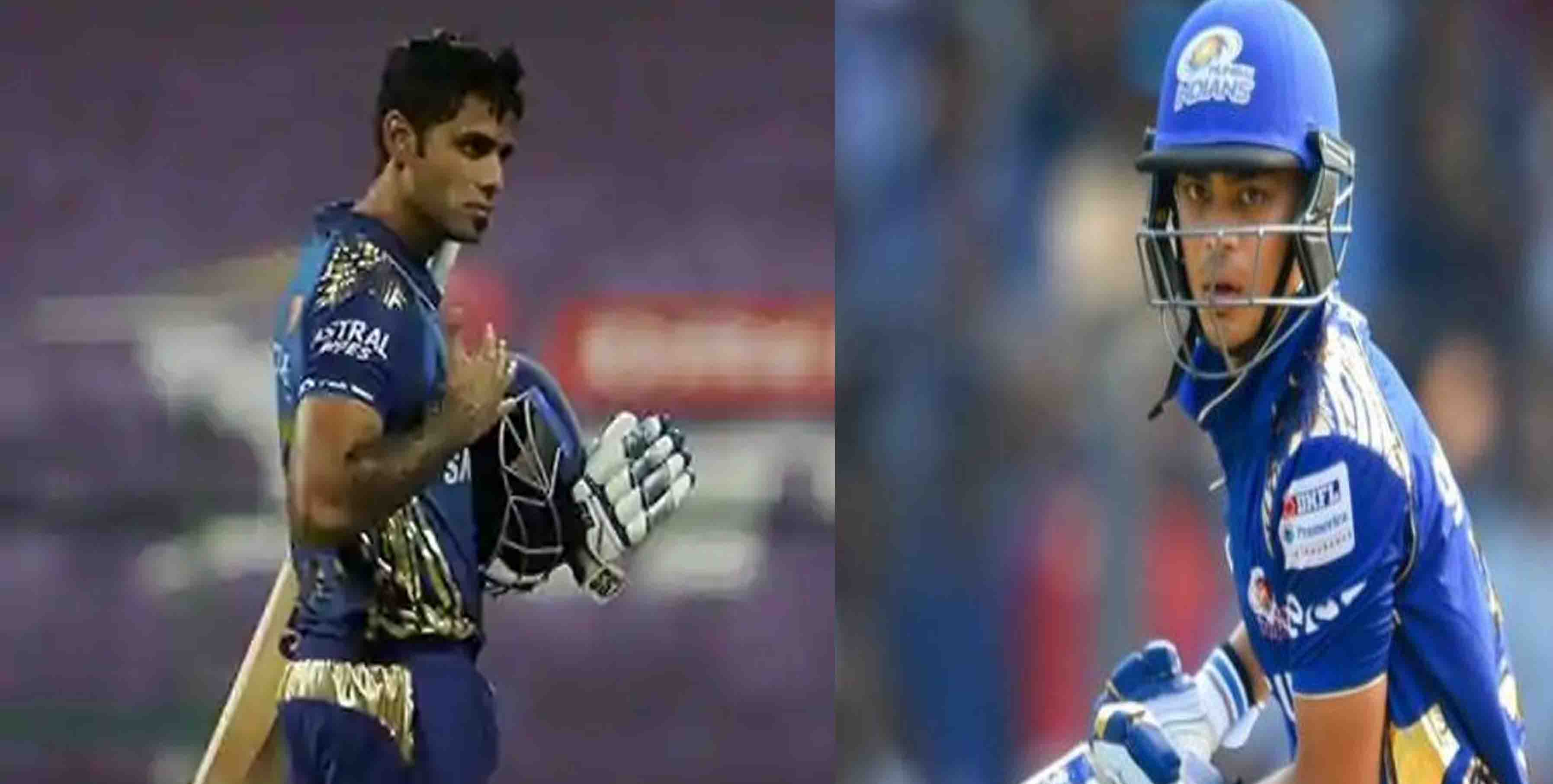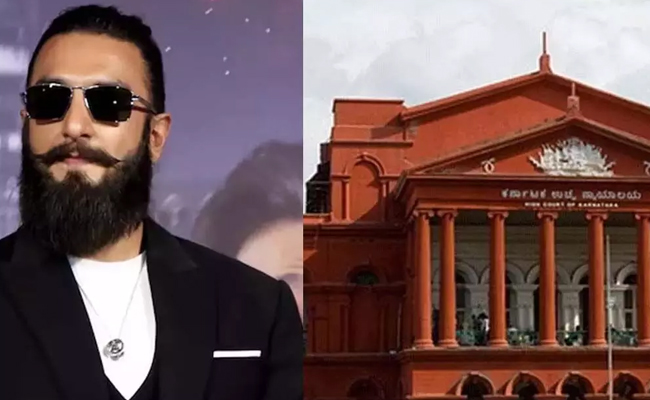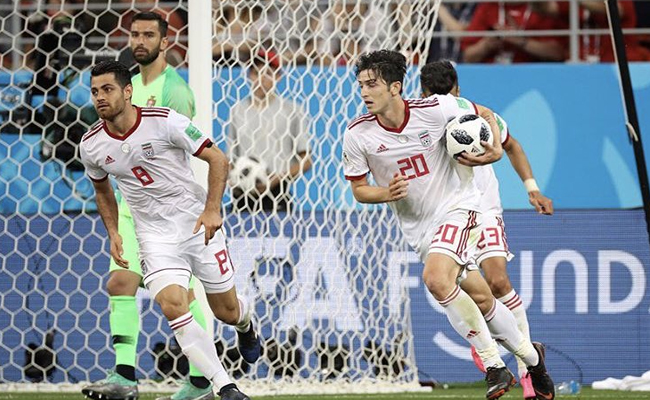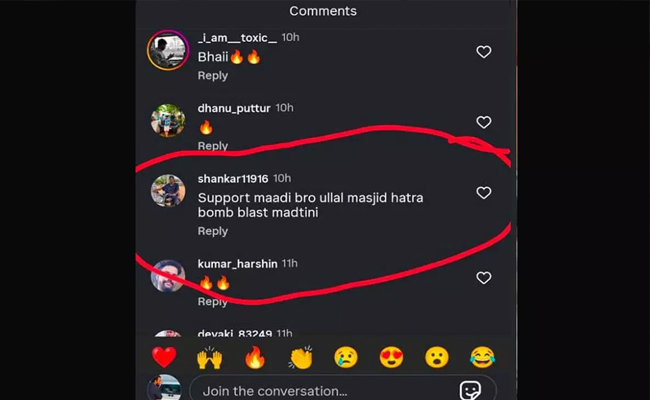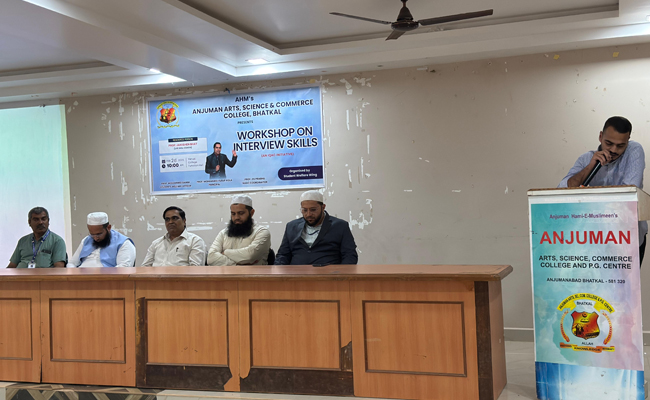New Delhi, Feb 20: Ishan Kishan, Suryakumar Yadav and Rahul Tewatia on Saturday earned their maiden India call-up for next month's five-match T20 series against England as the selectors rewarded them for their stupendous performances in the IPL.
Wicket-keeper batsman Rishabh Pant, all-rounder Axar Patel and pacer Bhuvneswar Kumar also returned to a fresh-looking squad.
The selectors named a 19-man squad for the series starting March 12 in Ahmedabad with an aim to try out new faces such as Kishan, Yadav and Tewatia in a World Cup year.
All three had a stellar IPL though Yadav has formed the backbone of Mumbai Indians' batting over the years.
Questions were raised when Suryakumar Yadav did not make the team for the series in Australia but his long wait has finally ended.
Kishan too had a good IPL and has been in red hot form in white ball cricket. He got the call-up on a day when he smashed 173 off 93 balls for Jharkhand in the Vijay Hazare Trophy.
Tewatia, who plays for Rajasthan Royals and Haryana, had smashed West Indian Sheldon Cottrell for five sixes in an over in the IPL last year to pull off a stunning win for his team.
Left-arm wrist spinner Kuldeep Yadav, Sanju Samson and Manish Pandey have been dropped from the side while pacer Jasprit Bumrah has been rested.
Mohammad Shami and Ravindra Jadeja were not included as they they are still recovering from injuries they suffered on the Australia tour.
Pant comes back into the team following a stellar run in Tests in Australia and his good form has continued in the home series against England. Bhuvneshwar returns to the side having recovered from a hamstring injury he suffered in the IPL. He recently played for UP in the Syed Mushtaq Ali Trophy.
Patel, who last played a T20 in February 2018, is also back having performed consistently in the IPL. His selection comes after he took a five-wicket haul in his maiden Test and is a like-for-like replacement for Jadeja.
Mystery spinner Varun Chakravarthy, who missed the Australia series due to an injury, has also been named in the team.
Left-arm pacer T Natarajan has expectedly retained his place following an impressive debut series in Australia.
Both Kishan and Pant have been named as wicketkeepers, so it remains to be seen if K L Rahul will continue to keep the wickets.
All five games will be played in Ahmedabad.
India's T20I squad: Virat Kohli (Captain), Rohit Sharma (vice-captain), KL Rahul, Shikhar Dhawan, Shreyas Iyer, Suryakumar Yadav, Hardik Pandya, Rishabh Pant (wicket-keeper), Ishan Kishan (wicket-keeper), Yuzvendra Chahal, Varun Chakravarthy, Axar Patel, Washington Sundar, Rahul Tewatia, T Natarajan, Bhuvneshwar Kumar, Deepak Chahar, Navdeep Saini and Shardul Thakur.
Let the Truth be known. If you read VB and like VB, please be a VB Supporter and Help us deliver the Truth to one and all.
Bengaluru (PTI): The Karnataka High Court on Monday extended the interim relief given to Bollywood actor Ranveer Singh till March 9, in a case related to mimicking a character from the movie, 'Kantara Chapter-1', and allegedly mocking a deity.
The actor had approached the High Court seeking the quashing of the FIR against him for mimicking Rishab Shetty's role as 'Chavunda' deity in the movie.
While mimicking, Singh had called the deity a "ghost". The actor was asked to appear before the court in person on Monday.
Appearing on behalf of the actor, his counsel Sajjan Poovayya said Singh was stuck in London and was unable to reach Bengaluru due to the conflict in West Asia.
The complainant, who is a lawyer, alleged that his religious sentiments were hurt by calling the deity a ghost. On the directions of a local Court, the police registered a case against the actor.
The High Court on February 24 granted interim relief to the actor with directions to the police not to take any coercive steps against him.

